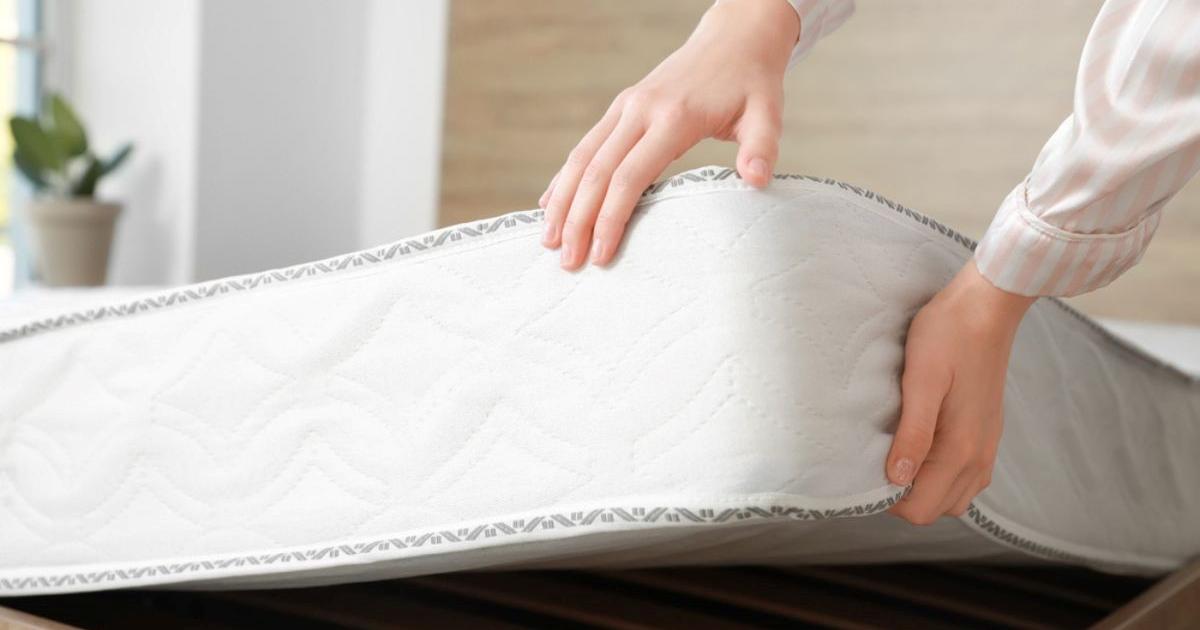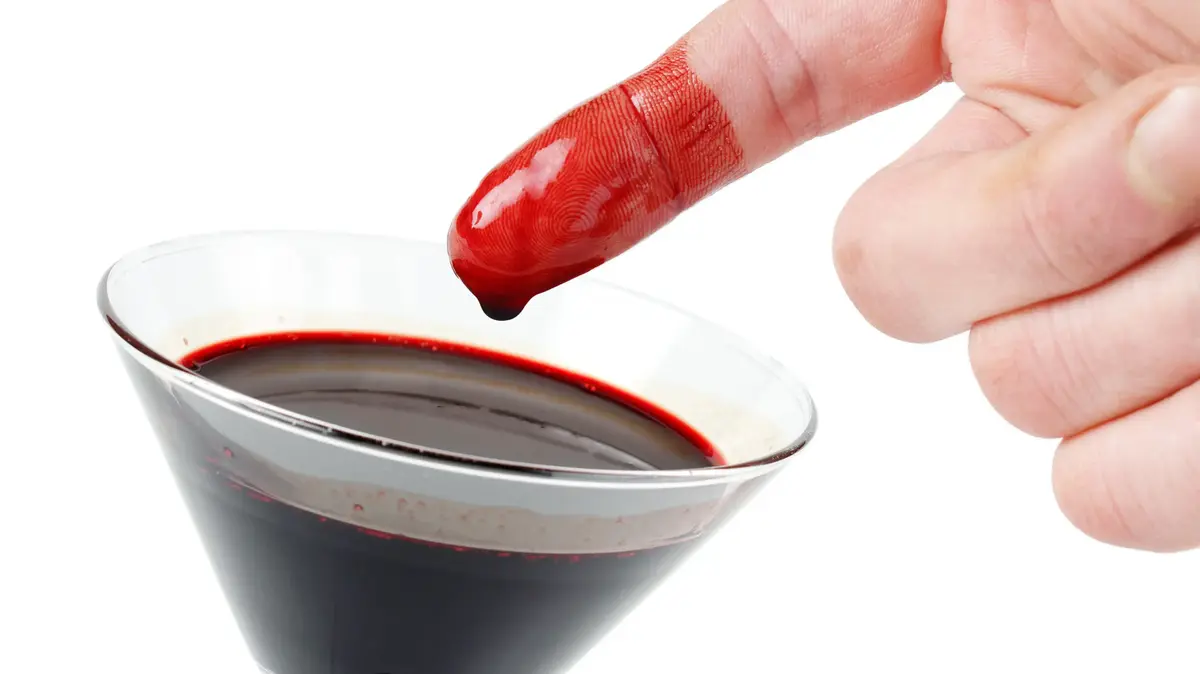Damascus-Sana
In recent years, countries, including Syria, have tended to conduct research, studies and experiments on (date palm propagation) by means of cultivating tissues taken from the palm tree and culturing them in test tubes, which resulted in good results in this field according to the opinion of a number of stakeholders and experts.
The method of palm propagation by tissue culture depends on the principle of breeding some plant parts and cells taken from a plant grown in a good place for growth, according to the statement of the expert in tissue culture and vaccination, Dr. Wafaa Qaim, to Sana, indicating that these cells or tissues taken are multiplied and developed within laboratories and certain conditions and fed with solutions and compounds that grow Within a short period, they form what is called a root and vegetable group and become in the form of an implant suitable for growth, ie, in short, "it is raised in special environmental laboratory conditions until it becomes a suitable plant for cultivation in the nursery or permanent land."
And propagation by tissue culture achieves a large production of planters and saves the effort and time required for propagation by regular methods, according to Dr. Qaim, but at the same time, this method requires highly specialized and costly techniques and expertise, explaining that with regular methods only a small number of palm plantations can be obtained and are not sufficient to meet The increasing demand for them.
The development of date palm cultivation in Syria has been challenged by several obstacles over the past years, such as the lack of reliable palm seedlings that are suitable for the environmental belt in terms of quantity and quality, and the lack of qualified and trained manpower in the cultivation and service of palm trees, reliance on palm propagation by traditional methods, the failure to produce locally grown palm seedlings, and the lack of The introduction of modern mechanization in this field, according to Dr. Qaim.
As a measure to address the above-mentioned obstacles, a group of high-quality varieties suitable for the environmental belt of palm trees were imported and these varieties were entered into production at the date palm propagation centers affiliated to the Ministry of Agriculture and Agrarian Reform according to the Ministry's data, and their results were very encouraging in quantity and quality. Reliable seedlings were produced and the bulk of them were allocated to farmers at promotional prices. The Ministry has worked to establish field days, training courses, agricultural exhibitions and educational seminars to introduce the importance of the palm tree within the appropriate sites for its production, along with instructions for its cultivation and service.
In Syria, there are several centers for propagating date palms by traditional methods (Fassil) according to the statement of the expert in date palm cultivation, Dr. Khaldoun Taibah to SANA, and they are located in Deir Ezzor, Palmyra, Raqqa, Hasaka, and southern Damascus (Badia, Damascus countryside), where he indicated that as a result of the terrorist war on Syria, these centers lost a number of offshoots. To compensate for the trees, it was necessary to use modern methods to reproduce the date palm in more numbers than the regular methods provide.
Dr. Taiba pointed out that the environmental belt of date palms constitutes 30 percent of the total area of palm trees and includes most of the Syrian desert in the Fifth Settlement Zone, which has a rainfall rate of less than 200 mm per year, indicating that there are Iraqi varieties that were introduced to Deir Ezzor for cultivation as a result of proximity. And the geographical overlap there with the Iraqi lands, including (Al-Khostawi, Al-Zuhdi, Al-Berban, Al-Maktoum, and Al-Ashrasi), in addition to the items imported from the Gulf countries.
In turn, the expert, Dr. Abdel Karim Barakat, called for the necessity of introducing researchers and specialists to the reality of date palm cultivation in the Arab world and Syria, the morphological description of this tree, its economic and nutritional importance, how to establish palm groves and their multiplication, and the benefits of pruning date palms.
Barakat pointed to the necessity of genetic improvement of palms, the mechanism of inheriting the quantitative and qualitative characteristics and methods of crop breeding (self and mixed pollination), pointing to the need to pay attention and treat the pests that affect the palm tree, such as the red palm weevil, the date palm dupas, the date palm borer, the small and major date stalk, and fungal diseases (black blight and false charcoal) And physiological (shrinking and wrinkling of fruits) and the black tip of date fruits that affect the palm and negatively affect productivity.
The head of the palm program at ACSAD, Dr. Hassanein Al-Shalji, referred to the economic, social and environmental importance of the palm sector, noting the job opportunities, income-generating products, and traditional food and handicraft industries, as well as pharmaceutical and feed.
For his part, the Director General of (ACSAD), Dr. Nasr El-Din Al-Obaid, affirmed the organization’s endeavor to provide new agricultural technologies to specialists, as the organization held training courses in application of the findings of its experts after intensive scientific efforts and experiments that continued for two years in the tissue culture laboratories in ACSAD, where a protocol or Accurately working method for propagating date palms using tissue culture, and this is what is being done for the first time in Syria, as he put it.
Al-Obaid affirmed the organization’s keenness to transfer this modern technology to agricultural technicians and experts working in the Ministry of Agriculture and Agrarian Reform to enable them to produce healthy, strong-growing date palm seedlings with very high rates of reproduction reaching thousands of shoots at acceptable material costs in order to support palm cultivation in Syria and produce enough of it Dates instead of import, which amounts to millions of dollars annually.
Bushra Barhoum







